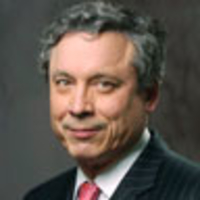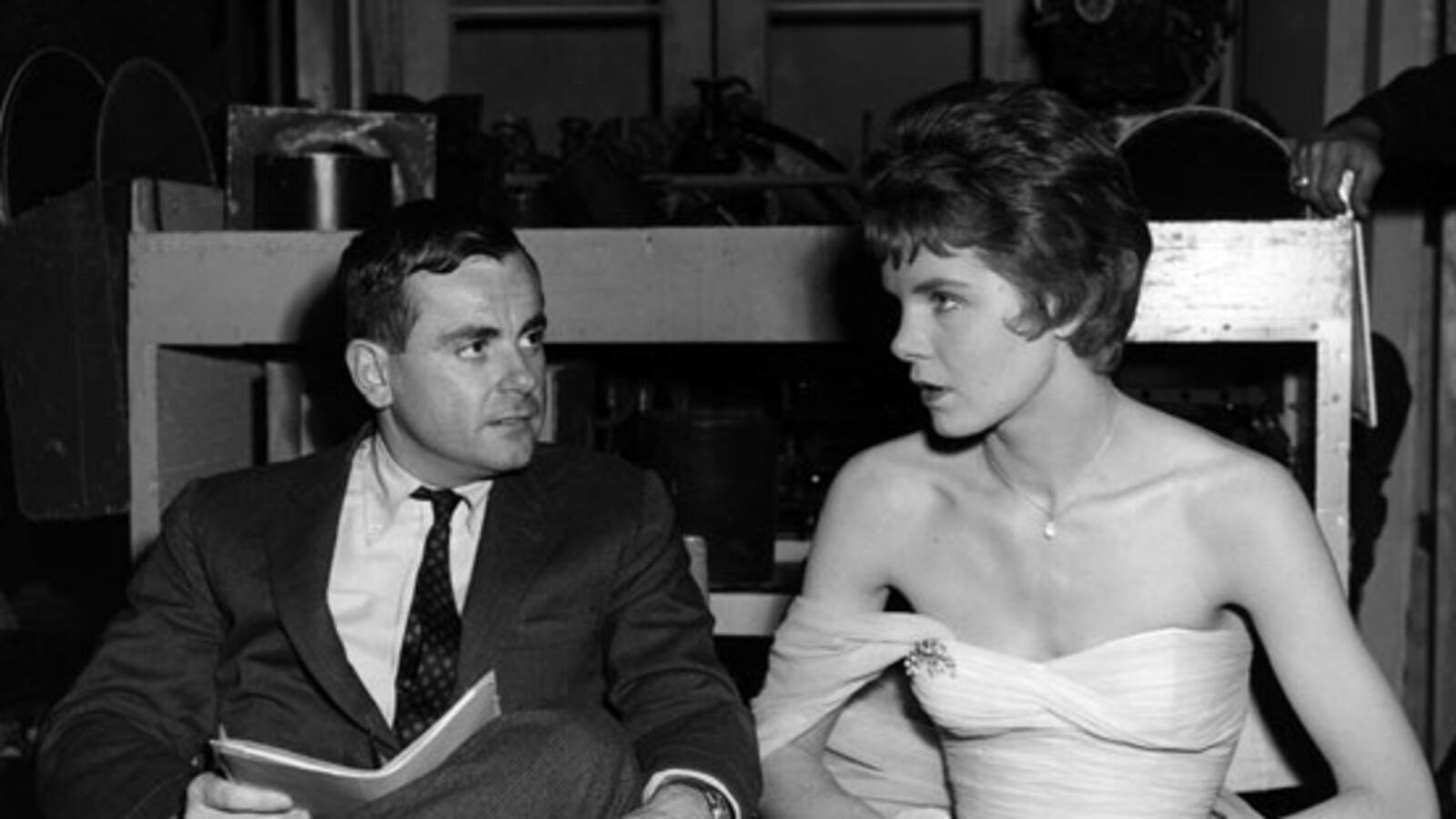To a beat reporter covering the courts, there rarely was a thrill bigger than suddenly sitting next to—or lunching in a courthouse cafeteria—with the gentleman known as Dominick Dunne.
And what a great reporter he was. His copy was lucid and languid in a way that a wire service or television type could cherish but never reproduce. When Dominick Dunne sat nearby, writing assiduously in a clear hand in a notebook far more glorious than yours, it was hard to pay attention to what was going on in court, because what was going on inside him was so much more fascinating… and possibly instructive.
Click Image Below to View Our Gallery

I can not imagine what being his pal at the O.J. Simpson trial must have been like, but I was fortunate enough to spend much of the trials of Martha Stewart and former Sotheby’s Chairman Alfred Taubman sitting with him in U.S. District Court in Manhattan and comparing notes.
Dominick was so good at being genuinely interested in what his fellow hacks were observing and figuring out how to get beyond their stories of the moment. He was a fan of reporters and often graciously saluted their works in print. When that happened, it was like Frank Sinatra telling a saloon singer he was good.
• Tina Brown: The Unforgettable Dominick Dunne When Dominick asked, “What did he say?” a dozen reporters nearby would spring open their notebooks to repeat the quote. He would endlessly parse events with his fellow scribes, then suddenly be missing for lunch and you knew you were in the process of being slowly scooped.
And how did he do it? Well, he worked really hard at thinking the story through and he was thoroughly trusted by practically everyone. One day, you would discover he had been quietly invited mid-trial to dine behind closed doors in a conference room with Martha Stewart. Or he was off to interview the judge in the Taubman case.
He had a view that nonviolent crimes committed by the upper class were understandable, defensible, and often just part of what they do. Martha and Al were getting raw deals, he felt. In fact, white-collar crime was so commonplace and garden variety that he had no desire to cover the great corporate crooks of the era who had so little class.
Violent crime was different.
By the time I was lucky enough to get to know him, his daughter had long ago been murdered. It was a crime most foul to him, so any murder he believed was committed by someone rich and powerful earned his rage for eternity. All the years Sunny von Bulow lingered, Dominick fumed. O.J., Phil Spector, forget about it. And the Kennedy family’s seeming immunity got him going too, most notably the Skakel case in Greenwich, Connecticut.
So all these years, I had wanted to talk with him about Ted Kennedy and Chappaquiddick—a man whose behavior I bet he had gossiped so much about and thought about even more. His thoughts had to be so precious, so cogent, that I never wanted to ask him with other reporters around, even though he was so gracious with his storytelling.
So a month ago, I called his home in Connecticut and left a message inviting him to lunch. And for the first time, he did not call back. I knew that was an ominous sign about the state of health of a perfect gentleman. So to me, it is ironic beyond belief that he and Ted Kennedy left us together—two Irish-Catholic lions of a certain age—who each made the world so much bigger and more compelling for all of us.
Allan Dodds Frank is a business investigative correspondent who specializes in white collar crime. He also is president of the Overseas Press Club of America.





